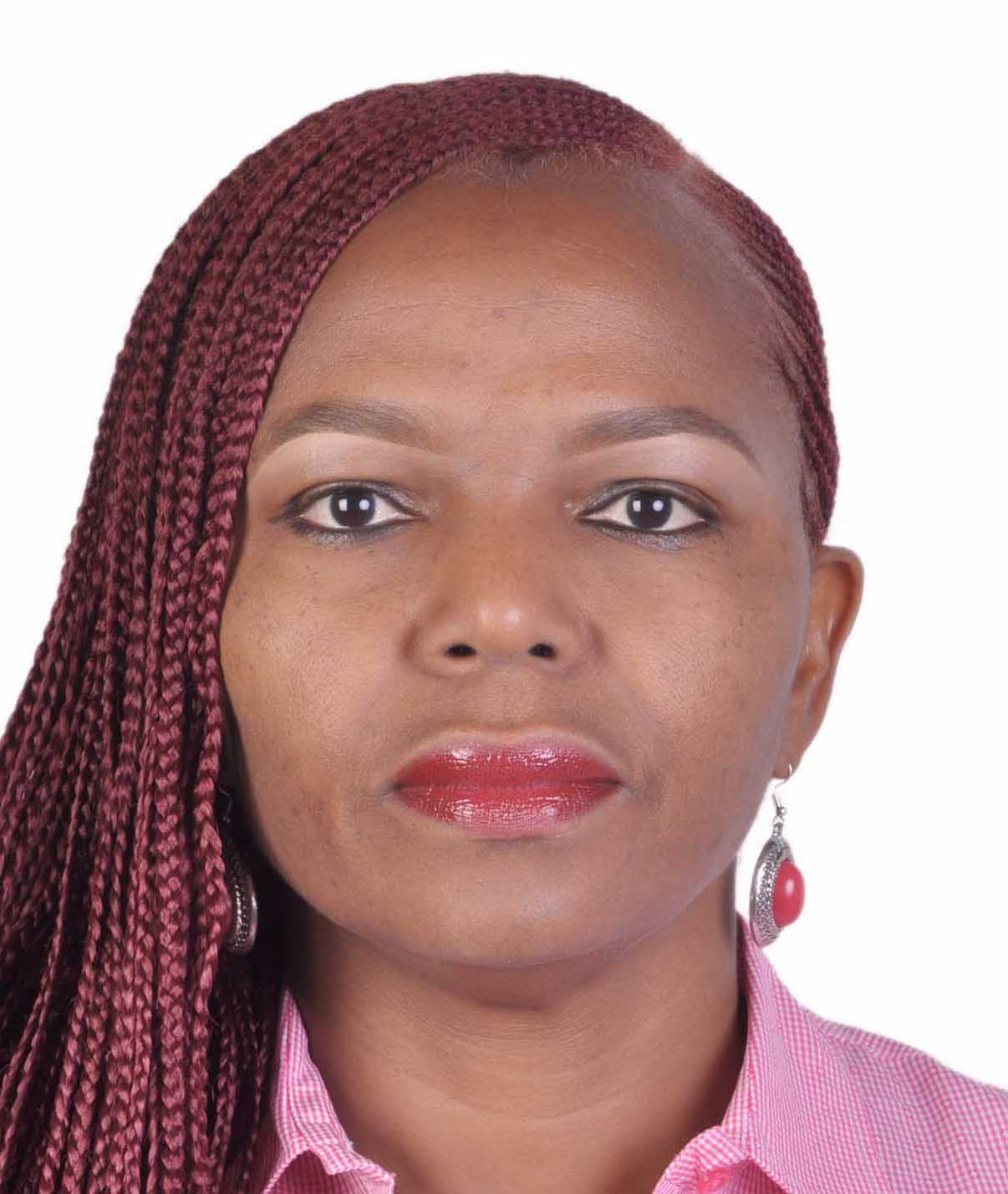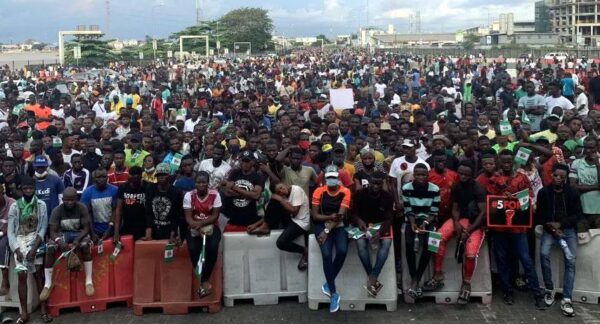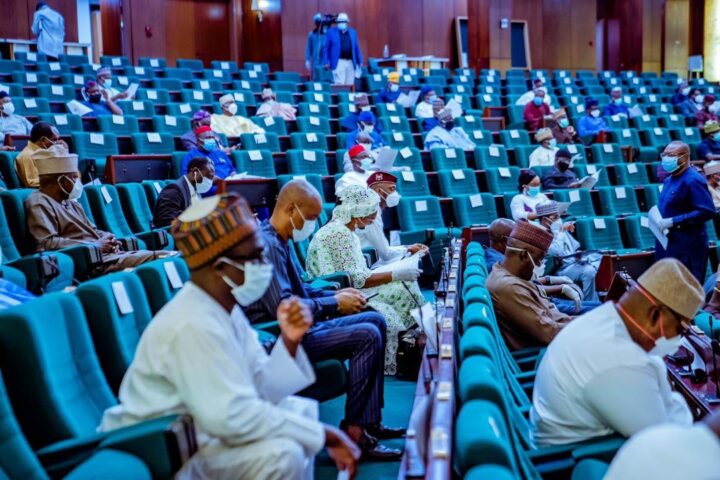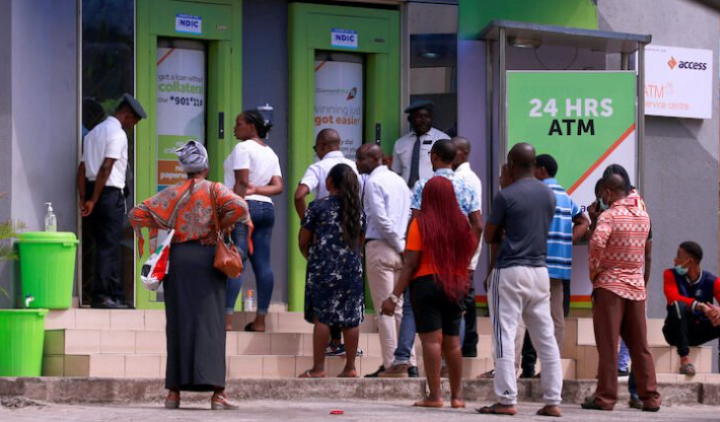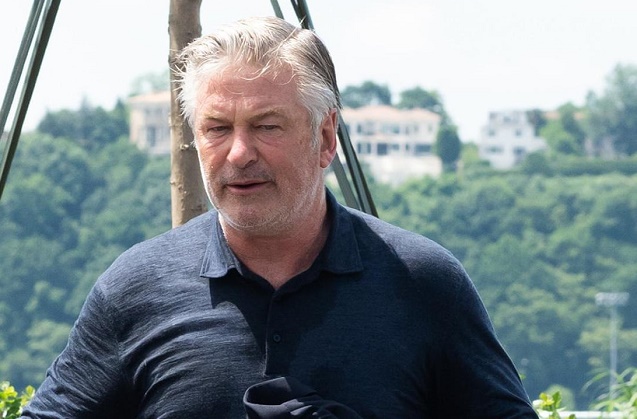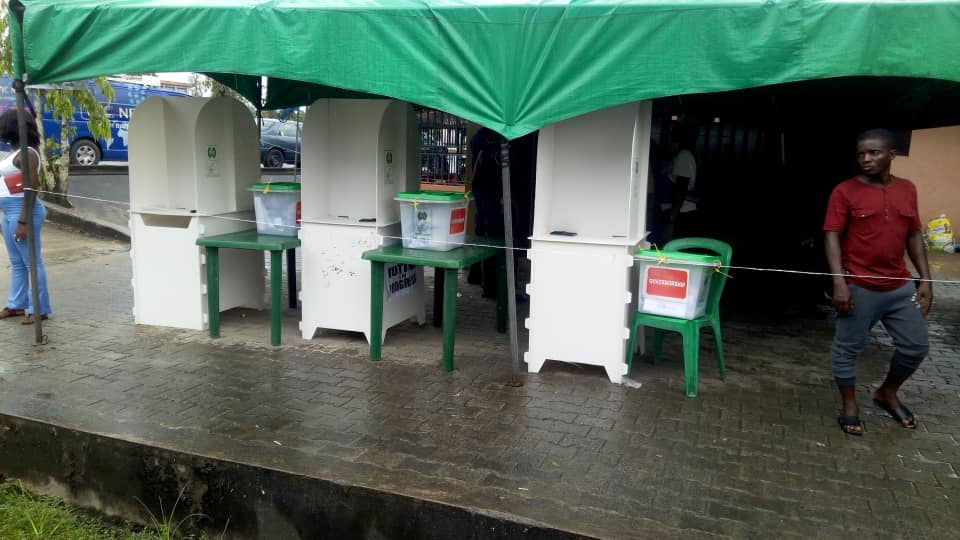Wednesday, October 20 was the first anniversary of the Lekki Toll Gate Massacre of protesters against #EndSARS protests last year. A year ago, October 2020, youths across major cities in the southern part of Nigeria (and the federal capital territory, FCT, Abuja) had come out to protest against police brutality especially that of the SARS (Special Anti-Robbery Squad). SARS had become more of a menace to Nigerians more than the armed robbers it was set up to fight. The high point of #EndSARS and #hashtag activism came when it caught the attention of people around the world. Usually vilified as being unserious or described as lazy youths by Nigeria’s President Buhari, many were proud of the massive awareness and the unity of purpose that the #EndSARS protests generated.
At some point, it began to look like something was going to give, and the people of Nigeria, young and old could claim this one victory-something that has proved elusive and which citizens have been chasing, more desperately especially since 2015. People dared to hope. And why not? We’d all seen how youth-led protests in other parts of the world not too far from Nigeria delivered positive change. However, all hope was shattered when the government responded with brute force. On one hand, they sponsored counter-protesters. No, calling them protesters is a stretch. Hoodlums were let loose on protesters and non-protesters alike. These miscreants brandishing dangerous weapons ruled Abuja and Lagos streets. In Abuja, the Nigerian Army and other security operatives looked on and did nothing as people got killed and the property was destroyed. Mind you, there’s video evidence of these criminals being dropped off by official-type SUVs in Abuja. Who could be so dumb or brazen? Intelligence may be in short supply around here and brazenness by way of impunity is par for the course when you are sure there’ll be no consequences. All those that were hoping for some foreign assistance have since seen the light. Our former colonizers, the British government, could give a hoot especially when the agitation is from the “majority Christian south.”
The painful finale was the Lekki massacre on October 20, 2020. On the day, Nigerian Army, and perhaps other security operatives, opened fire on Nigerian flags-wielding young people who were singing the national anthem as they were being massacred. That horrible event was captured on Instagram live by DJ Switch, now on the run as a refugee. Nonetheless, officials of the government of Lagos and the federal government have maintained that there was no massacre. Even when the Army owned up to people dying at a govt-organized panel, even when hospitals, who treated some of the wounded and saw the dead, came out to counter the claim that no one died, the federal government insisted the massacre was phantom and not real. You must be wondering why I’m going down memory lane by rehashing these still painful stories. Please bear with me. The main reason for the above introduction is to attempt to show how it all began. That all the youths were asking for, was for the police to stop killing them. Instead, they got more brutality. So much has happened since then-seized international passports, frozen bank accounts, people in detention (hopefully still alive), people associated with #EndSARS on the run…while killer policemen are walking free…
Now one year after, the memorial of the Lekki toll gate massacre offered the government a golden opportunity to right some wrongs. All the federal government and Lagos State government needed to do was to provide a fear-free atmosphere for these young people to honour their dead friends and colleagues. Families who lost children needed to mourn. This was possible because in Ibadan, Oyo State, protesters were provided protection by security agencies as they marched which was an improvement from last year when some deaths were recorded. If Lagos had done the same thing, though it wouldn’t bring back the dead it might have assuaged some grieving mourners. Instead, I watched in tears as the police dressed like they were in a war zone assaulted anyone they wanted. Journalists were not spared, as police seized cameras, drones, and phones. This, in spite of the fact that the procession of cars was not unruly. Even though there were reports that the police would allow indoor events, the story is that the government, whichever one, pressured the management of Landmark Events Centre to refund the money to the organisers of the #EndSARS memorial. It was at this point that they opted to have a car procession.
Advertisement
The police had actually begun camping at the Lekki Tollgate almost a week to the anniversary in full force. On the day, the police threw tear gas, beat some, injured some, arrested many including journalists, manhandled Arise TV correspondents, seized equipment, kudos to Arise TV’s Adefemi Akinsanya who resisted the police attempts to seize the drone she was holding. An Uber driver Adedotun Clement was beaten up and blood gushed out of one of his eyes. Abuja protesters weren’t even allowed breathing space as police succeeded in preventing them from gathering at the Unity Fountain.
Meanwhile, things could’ve been so different. The federal government or its puppet Lagos State could’ve at least pretended to care about the people. They could’ve provided security as I said before for those at the memorial. In fact, several days earlier, instead of the police going on a so-called show of force when real-life victims of robbery are screaming for help, there could’ve been a statement to the effect: ‘Protesting is a fundamental human right. We don’t want any loss of life as one person dead is one death too many, bla, bla. But no, government representatives were in a competition to see who could say the most stupid thing. A man whose name is Lai was the first to announce, or rather maintain his lie from last year, that the Lekki massacre was a phantom massacre. If you believe a Lai, what can I say? Earlier in the week, the federal government had told the media what kinds of headlines to start writing. Journalists have been told to move from writing “rising insecurity” to “declining insecurity. This came a day after at least 43 people had been murdered in Goronyo, Sokoto State. That’s around the same time the UK government was advising its citizens against travel to 21 states out of Nigeria’s 36 states. The states were categorized according to the level of perceived danger. While some were to be completely avoided, some were to be visited only for essential travel. Still, 21 out of 36 is a huge chunk of the country.
I know the belief in certain quarters is that people in government can get away with any and everything. But I’m hopeful that things are not going to remain like this forever. There’s definitely going to be a day of reckoning.
Advertisement
Add a comment
